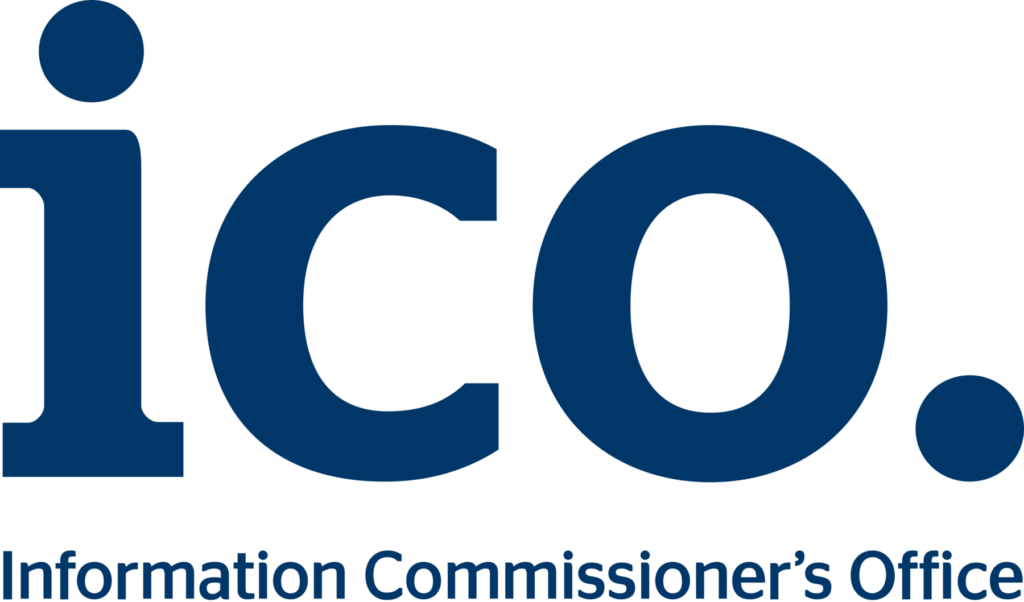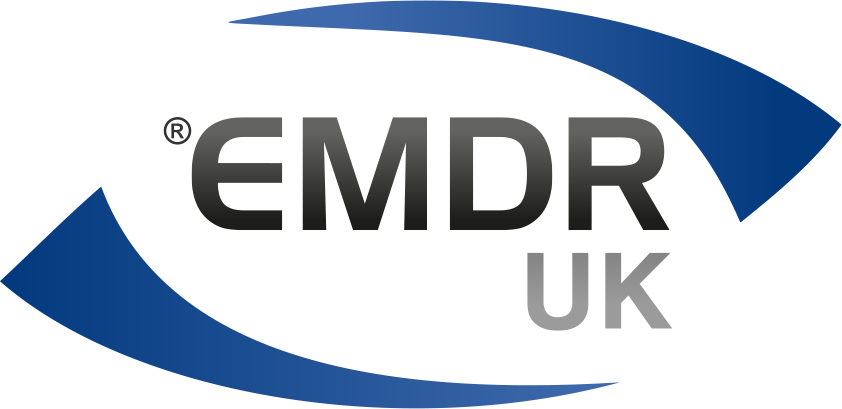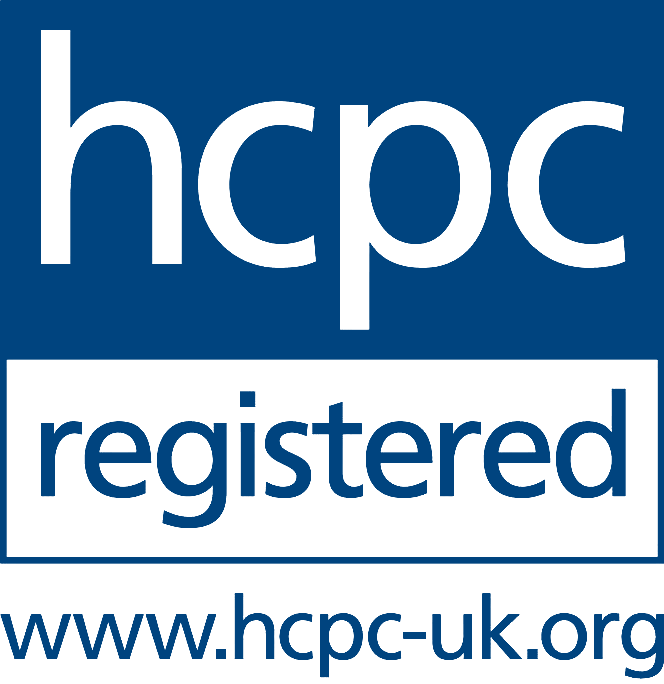ASD Assessment Clinic
Autism is a neurodevelopmental difference acquired at birth, which refers to a broad range of conditions characterised by challenges with social skills, repetitive behaviour and speech and nonverbal communication. Often, an autism diagnosis can be helpful for you and others as it may provide clarity regarding why your child may be struggling in certain areas and can help to inform support. While you don’t need treatment for autism you may need treatment or support for certain struggles that your child and adolescent might experience.
Autism assessments are thorough and therefore require a great deal of detail and comprehensive information gathering in order to make important diagnostic decisions.
Our child assessments follow NICE guidelines utilising gold standard tools and information gathering to inform diagnostic decision making. We utilise an MDT approach to assessment. We are a team of psychiatry and psychology. We discuss every case in an MDT setting and take our time to understand your child and carefully consider whether a diagnosis is appropriate or not.
Below is a description of the assessment process and the order of events, so that you and your child know what to expect:
1
Initial Step - Expression of interest
Email us if you would like an autism assessment, we will then give you a call to gather information and we can then decide together whether it is appropriate to go ahead with an ASD assessment. Should it be felt that an ASD assessment is indicated, the clinician will explain the process below:
2
Pre-assessment Requirements - Questionnaires
We will ask you and your child’s educational setting to complete questionnaires and forms to understand how your child behaves in different environments, what their strengths are and what challenges they experience.
Our secretary Mrs Tracey Mullan will contact you following confirmation of your appointment and go through the questionnaires you will need to complete prior to your appointment.
3
Assessment Day
- Dr Leffler and Dr Wybourn will meet with you and your child together for initial introductions and to explain how the assessment will be structured. It is very important to us that we put your child at ease and to answer any questions that you or your child may have about the assessment.
- Dr Leffler will then step into the adjacent office with parent(s)/carer(s) to conduct the developmental interview. A key part of the diagnosis is understanding your child’s development and obtaining your observations about the key aspects related to Autism including social communication and repetitive or restricted behaviours and interests.
- Dr Wybourn will spend time with your child, utilising toys, games, activities and conversation (depending on your child’s age) to get a glimpse of your child’s communication and interaction style and preferences. We utilise evidence-based diagnostic tools (e.g. Autism Diagnostic Observation Schedule – ADOS-2) to assess your child against the criteria relevant to Autism.
- Dr Wybourn will also have an appointment with your child’s educational setting to gather adittional information.
- Once the developmental interview has been completed, your child’s assessment has concluded, and information has been gathered from your child’s educational setting, we will meet for feedback on a mutually agreed date.
4
Post Assessment
- At the feedback appointment, we will discuss the outcome of the assessment with you and make recommendations regarding support, which will also be contained in the assessment report to follow.
- The clinicians will collate all the information gathered and write a full and comprehensive report with a information regarding the diagnostic decision and further recommendations.
- You will then receive a copy of the assessment report and we will share a copy with your GP. (if you would not like to share the report with your GP please let us know before we do the assessment so we can plan together).
Services
Autism Assesment
£1950
Combined ADHD/Autism Assessment
£2900
Please see the ADHD assessment page for information on the ADHD assessment.



